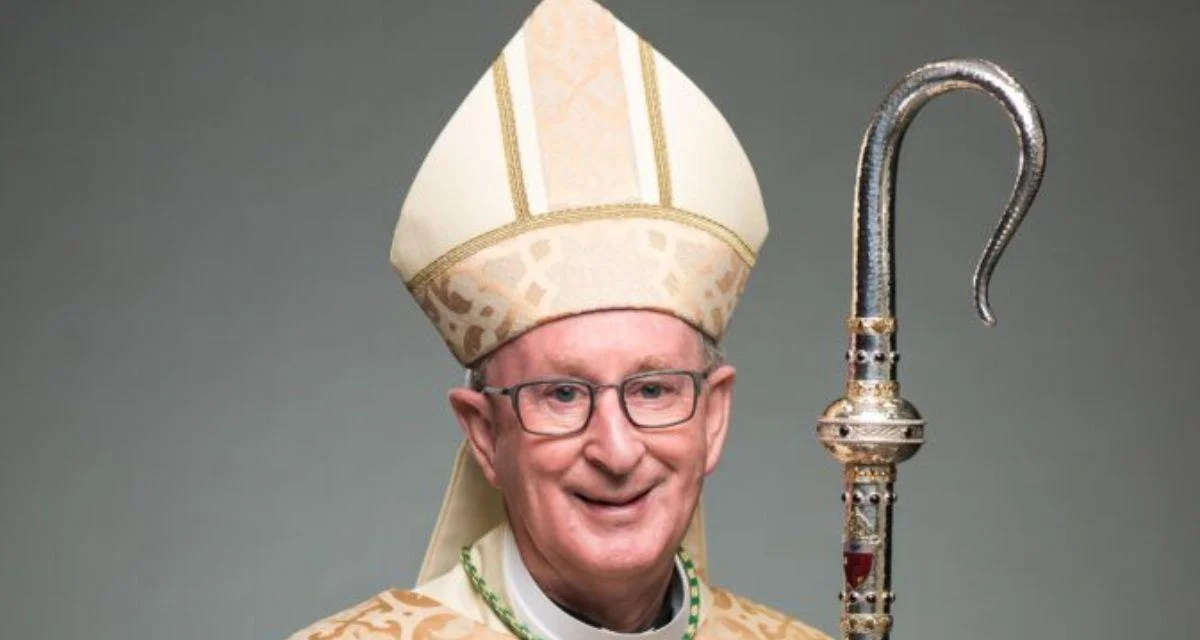
Reverend Joseph E. Kurtz, D.D. Bishop | Archdiocese of Louisville
Mexico's bishops have extended their congratulations to Claudia Sheinbaum, who has secured a decisive victory in the presidential election, becoming the nation's first female president. This historic milestone is overshadowed by concerns over electoral violence and the future of Mexico’s democratic institutions.
In a statement dated June 3, the Mexican bishops’ conference described the election as “a great citizen celebration, despite the obstacles and problems that arose during the electoral process, especially due to criminal violence and interference with legality by some authorities.”
“We must feel satisfied with the duty fulfilled and with a commitment ahead to care for and improve our democratic institutions,” read the statement.
Sheinbaum, 61, garnered between 58.3% and 60.7% of the vote according to Lorenzo Córdova Vianello, president of Mexico’s National Electoral Institute. She outpaced opposition candidate Xóchitl Gálvez by over 30 points. The ruling Morena party and its allies achieved majorities in both houses of Congress, potentially securing enough seats to pass constitutional amendments without opposition support. Jorge Álvarez Máynez of the Citizen Movement party received approximately 10% of votes.
The bishops acknowledged this potential supermajority by pledging “a commitment ahead to care for and improve our democratic institutions.” Such a majority would enable outgoing President Andrés Manuel López Obrador to propose constitutional changes like electing Supreme Court justices through popular vote.
Sheinbaum amassed more than 33 million votes in what was Mexico’s largest-ever election, filling over 20,000 public positions at all government levels. The elections were also marked by significant violence; more than 30 candidates were killed in attacks often attributed to drug cartels.
Despite her campaign assertions that Mexico was becoming less violent, Sheinbaum engaged with authors of a church plan for peace who had labeled her diagnosis as “pessimistic.”
Upon claiming victory on June 2, she assured supporters: “We will guarantee freedom of expression, freedom of the press, freedom of assembly... We are democrats and by conviction would never create an authoritarian or repressive government."
She added: "We will also respect political, social, cultural and religious diversity... We will always continue to fight against any form of discrimination."
Set to begin her six-year term on October 1st, Sheinbaum becomes not only Mexico’s first female president but also its first Jewish head of state while identifying as nonreligious.
Mexico’s bishops praised this achievement: “We raise our prayers so that... she can lead Mexico towards better horizons... where democracy allows political transition without violence.”
A climate scientist and former mayor of Mexico City, Sheinbaum campaigned as López Obrador's protégé promising continuity in his populist agenda including cash stipends for seniors and single mothers. Her campaign left many questioning how she would govern independently from her predecessor who plans on retiring but may still influence her administration.
“All of Claudia Sheinbaum’s campaign was carried out to position her as the continuer of AMLO’s project,” said Bárbara González, a political analyst from Monterrey. “Expectations are that differences... will become evident when she is in office.”
Supporters often mentioned López Obrador more than Sheinbaum herself during interviews. Josue Sandoval sells López Obrador memorabilia which outsells Sheinbaum items five-to-one: “People love the current president,” he noted.
Priests have observed similar appreciation for cash stipends among other policies such as minimum wage increases over recent years. Jesuit Father Pedro Arriaga from rural Chiapas remarked: “Thanks to López Obrador we’re receiving this benefit… That’s where his popularity lies.”


 Alerts Sign-up
Alerts Sign-up